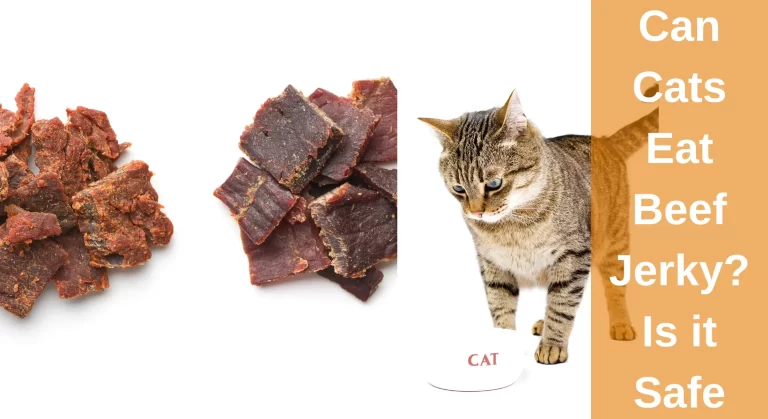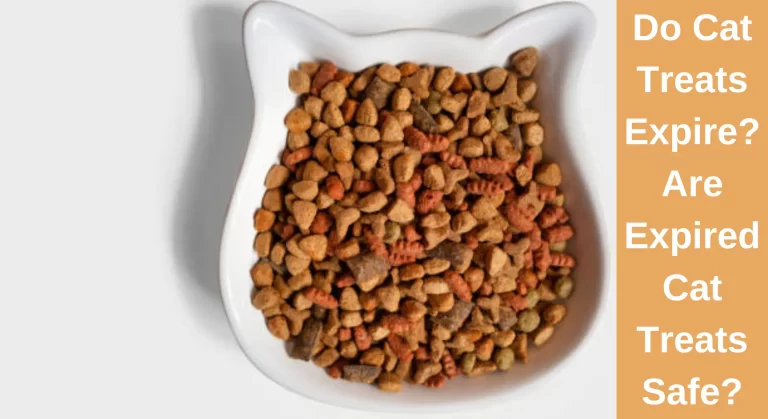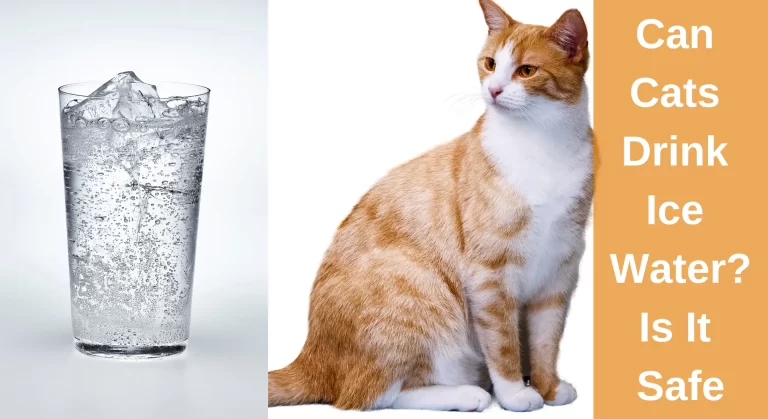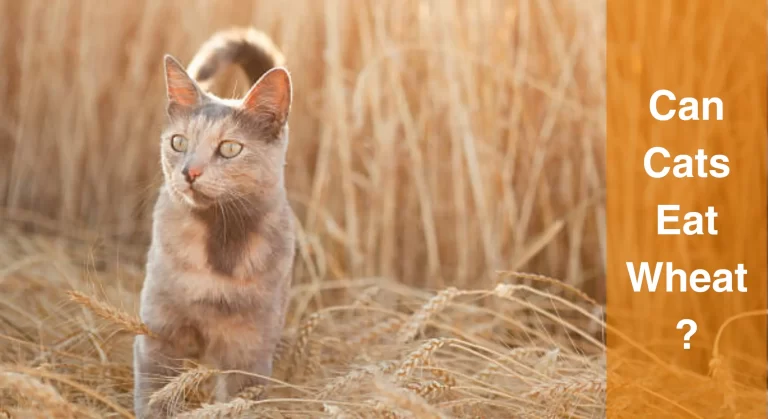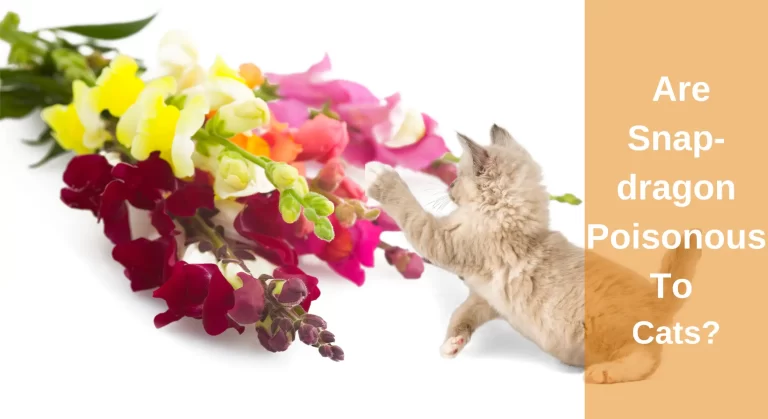Are Bromeliads Poisonous To Cats? [Answered]
Bromeliad is a popular name for Bromeliaceae, which has roughly 3590 species and 75 genera. With a few numbers also occurring in the West African and American subtropics, these monocot flowering plants are primarily endemic to tropical America.
In addition to pineapple, a significant agricultural crop or fruit, many bromeliads are produced as aesthetic plants (garden and houseplants). Those are the best genera with attractive species, hybrids, varieties, and cultivars.
There have been concerns raised about the toxic properties of bromeliad plants among cat owners. So, are bromeliads poisonous to cats?
No, cats are not poisoned by the bromeliad, according to ASPCA. All bromeliad family indoor plants do not affect cats. It may relieve cat owners to know that because their pets occasionally nibble on grass or houseplants.
After reading this article, you will learn exciting facts about bromeliad plants and their effects on pet animals. So, let’s start!
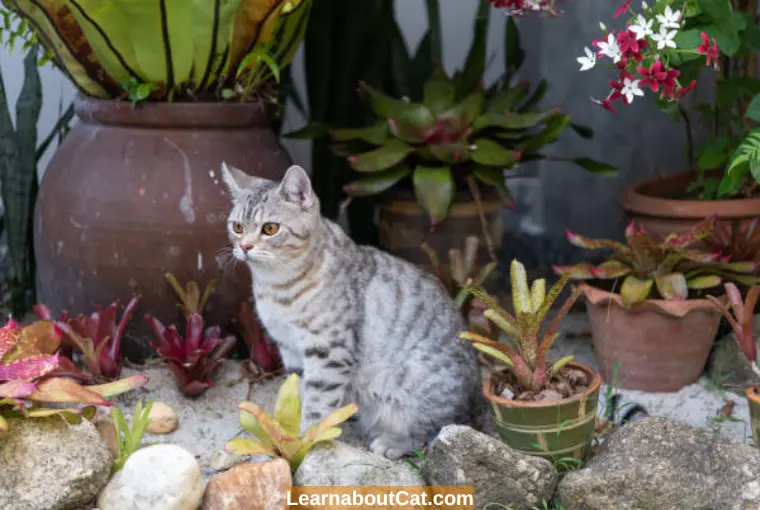
Are Bromeliads Toxic To Cats?
No, bromeliads are safe and non-toxic to cats and dogs, according to the American Society for the Prevention of Cruelty to Animals (ASPCA).
Although many plants are toxic to cats, bromeliads are not. Cat owners can relax knowing that their cats are safe around the bromeliads. In spite of this, it is advisable not to leave your kittens unsupervised for long periods near the plant.
When your cat nibbles on bromeliad leaves, the leaves won’t cause any harm, but if your cat is allergic to the plant, it could get ill.
Tropical plants called bromeliads are renowned for their unique leaves, adaptability, and simplicity of maintenance. Bromeliads may also give your area a tropical feel with their vibrant colours and unique textures.
The Bromeliaceae family has thousands of species classified as bromeliads, a monocot angiosperm, and hundreds of genera (flowering). They may grow terrestrially, saxicolous, or epiphytically, contributing to their popularity.
Bromeliads come in various varieties, but none are poisonous or hazardous to cats, dogs, or other typical indoor pets.
Check Out: Are Roses Poisonous to Cats?
Are Bromeliads leaves Safe for Cats to Eat?
Yes are safe, and do not poison the cat. All the different houseplants in the bromeliad family are not harmful to cats or even dogs, which means that bromeliads are safe for cats, and if your cat chews on them, they won’t get any severe health issues.
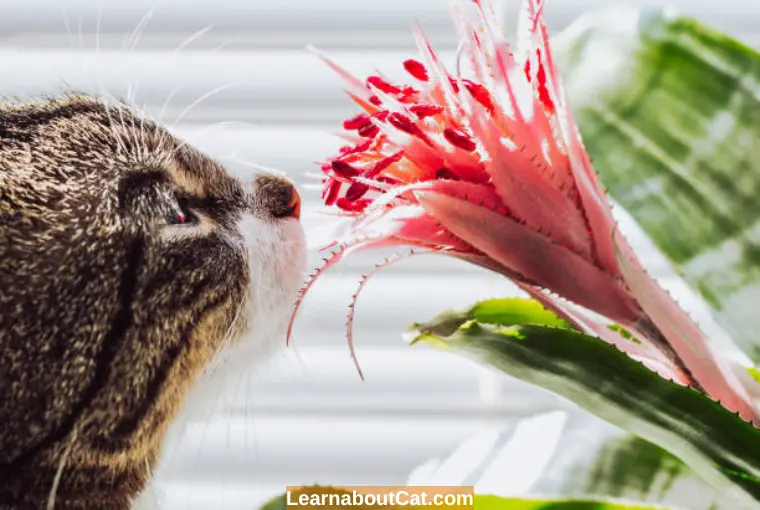
Bromeliads may help cleanse the air in your house and decorate it while also reducing the amount of volatile organic chemicals (VOCs) created by, among other things, paint, furniture, cleaning products, printers, copiers, and dry-cleaned clothing. And lastly, unlike cats, humans are not poisoned by bromeliads.
There are several species that you should keep away from your pets’ reach since their sap has the potential to trigger allergic responses like mild dermatitis.
Also, Check Out: Are Palm Leaves Poisonous to Cats?
What Parts of the Bromeliad Plant Are Toxic to Cats?
No part of the bromeliad plant can poison cats. Hence cats cannot be harmed by these plants. Cats are not poisonous to any part of a bromeliad. However, your cat may get stomach issues if they consume too many leaves, blossoms, seeds, sap, or roots.
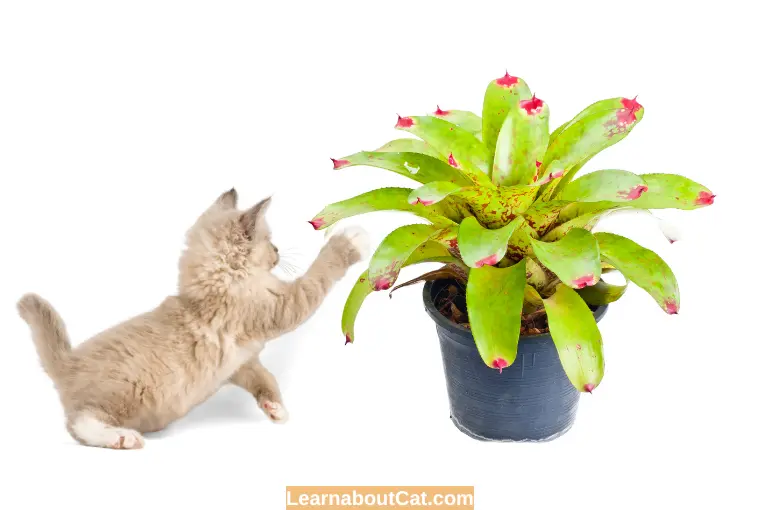
Bromeliads are not harmful to cats; even though the plant is not poisonous, cats commonly vomit when they consume it. Additionally, plants occasionally might be a choking hazard. The Blushing Bromeliad is not toxic to cats, but veterans should notify a veterinarian if a cat ingests it.
They are frequently used in tropical and subtropical regions for landscaping. Certain species’ blooms and foliage have vibrant hues. According to the UF IFAS, bromeliads include Spanish moss and pineapples.
Vomiting, diarrhoea, and mild stomach pain are possible in your cat. To be sure your cat isn’t suffering an allergic reaction, you should visit a veterinarian if symptoms intensify or continue.
Find Out: Are Snake Plants Toxic to Cats?
What are the Symptoms of Bromeliad Poisoning in Cats?
You can expect your cat to be okay if it consumes a bromeliad plant because it is cat-safe, although the same cannot be true for other flowers. It will be easier to identify the issue if you know the symptoms of plant poisoning in cats. Any of the following signs of cat poisoning can occur:
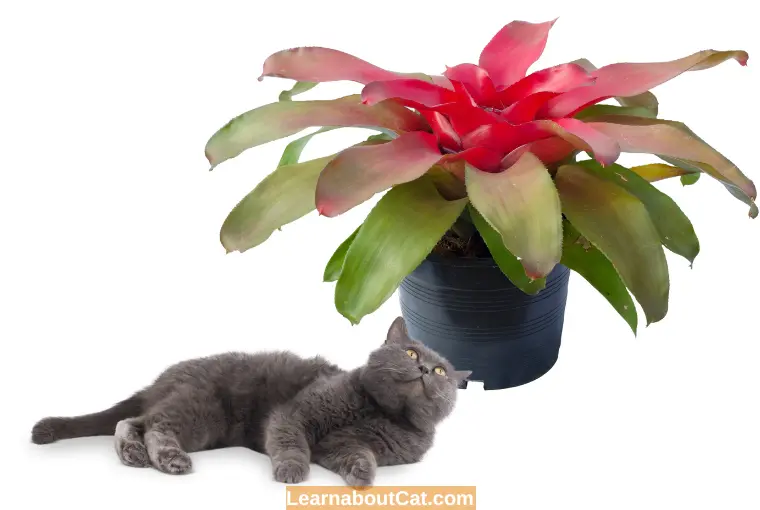
In cats, bromeliad poisoning manifests as:
- Reduced appetite
- Reduced energy
- Diarrhoea
- Having trouble breathing
- Body or skin swelling
- Lethargy
- Drooling
- Frequent urination
- Increased thirst
- Vomiting
- Twitches
If you are worried that your cat is displaying these signs, contact your vet asap and get guidance from the Poison Control Center.
How Can I Keep Cats Off from Bromeliad Plant?
The health and development of your plant depend on keeping your cats away from your bromeliads. In addition to devouring the plants and becoming sick from them, there are also difficulties with growing and reproducing. Your bromeliad pot might be at risk if your cat is present because cats tend to bounce around and tip things over.
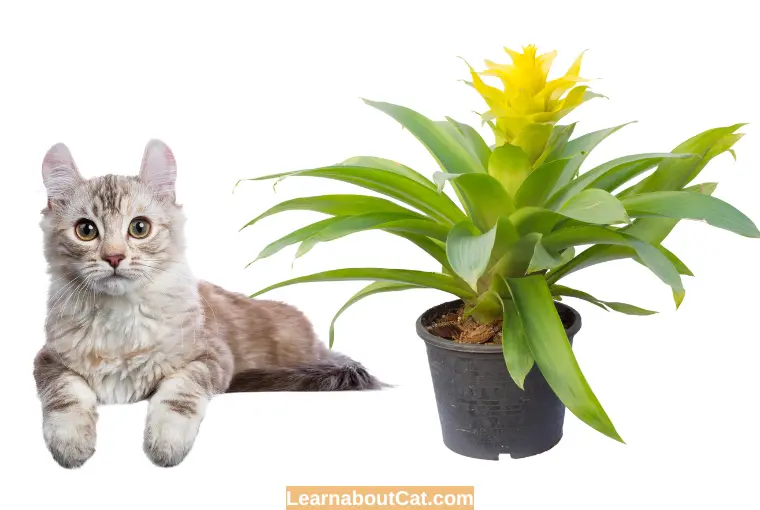
The following advice will assist in keeping your pets away from your bromeliads:
- Pet-repellent sprays are also quite helpful. Your cat will keep away from your bromeliad if you spray it. It would be best if you stayed away from vinegar since it might harm your plants.
- Use of Spray Bottle: If your cat approaches the bromeliad too closely, you may spray it with a spray bottle. The cat would only be able to come to the plant if you did this occasionally.
- Pebble stones can be placed in a bromeliad pot, leaving enough space for water to enter. This will prevent your cats from digging through the soil.
- As a final option: place your plants where cats can’t access them.
Also Read: Are Snapdragons Poisonous To Cats?
Safe Alternatives to Bromeliads
Maintaining bromeliads requires maintenance or time, although certain kinds are attractive. There are alternative cat-friendly houseplants to try if you find them overpowering, such as:
- Lipstick plant
- Calatheas
- Echeveria glauca
- Polka dot plant
- African violets
- Pheasant plant
- Maidenhair fern
- Spider plants
- Aluminium plant
- Cushion aloe
- Ghost plants
Numerous more wonderful houseplants are carefree and easy to cultivate.
Frequently Asked Question
Are there any toxic bromeliads?
Although several species are considered bromeliads, none are toxic or harmful to people, cats, dogs, or other typical indoor pets. On its list of non-toxic plants, the ASPCA includes bromeliad plants.
Is Bromeliad Guzmania toxic to cats?
For both cats and dogs, the bromeliad plant is non-toxic.
Is sap of bromeliads can cause irritants?
Yes, the sap can be irritating if consumed in large quantities. Cats and dogs are known for licking everything, which means sap may be particularly appealing to them.
They probably won’t feel anything in their stomach after licking a drop of sap off the plant. If your pet has a bromeliad allergy, a skin reaction could occur.
Why is my cat vomiting after eating a bromeliad?
Bromeliads do not poison cats, so if they eat a leaf or lick sap, they won’t vomit in normal circumstances.
When your cat vomits after eating a bromeliad, it is possible that your cat suffers an allergic reaction to this plant.
In the presence of something in the stomach causing the reaction, the body’s natural response is to clean the stomach – that’s why vomiting occurs.
How to tell if your cat ate a poisonous plant?
When a toxic plant is consumed, the most common symptoms are vomiting, diarrhoea, salivation, and skin dermatitis.
It is also possible that your pet may consume a plant and not exhibit signs of poisoning (lilies, for instance, show no symptoms of poisoning at the start).
Can kittens eat bromeliad leaves?
The leaves of bromeliads are not poisonous, but they can cause sickness in kittens who may be allergic to the plant. The leaves can also cause them to choke, resulting in a severe condition called suffocation.
It would be best if you supervised them when they’re around plants.
Final Words!
House plants are challenging to maintain when you have a cat. Studying the characteristics of the houseplant you wish to cultivate is always a good idea since it will help you assess the benefits and drawbacks of reproducing the plant.
Studying the plant will help you determine whether it is poisonous to your feline companions and whether it has allergies that might harm you or your kids. Several plants can poison cats. On the other hand, bromeliads are not such plants. The non-toxic plant is safe to keep close to cats and other animals.
Related Posts:
Who is Isabella?
My name is Isabella, and I am a dedicated and knowledgeable cat enthusiast. With years of experience caring for cats and a deep love for felines, I made a mission to help other cat lovers navigate the challenges of cat ownership.

